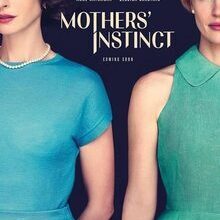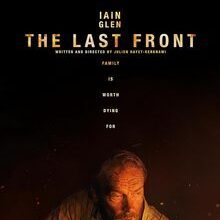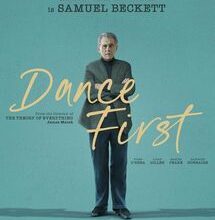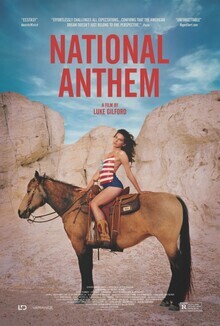
National Anthem
National Anthem
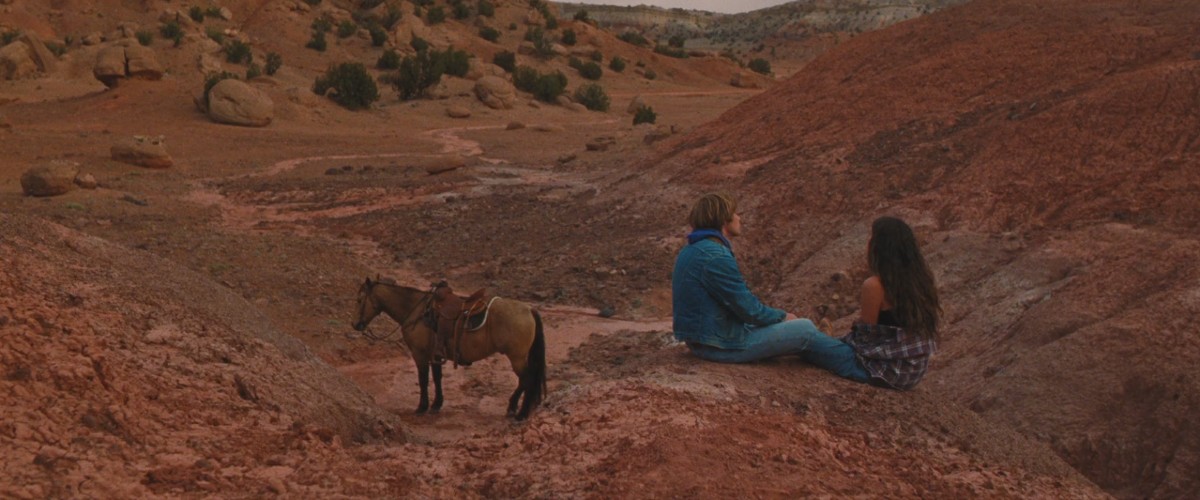
Now streaming on:
JustWatch
In 2020, photographer Luke Gilford published National Anthem, a monograph documenting the queer community in the International Gay Rodeo Association. The photographs are arresting and beautiful. Gilford grew up in the Southwest and loved rodeos as a kid. But the culture itself – macho, often homophobic – didn’t include him. He left the rodeo culture behind, until he discovered the IGRA. Gilford said in an interview with Vogue, “It was a revelation because I was, like, wow, you can exist safely in these spaces and find community and do so many of the things that I love doing – but in a queer community.” He spent a couple of years traveling through Texas, New Mexico, and Arizona, documenting this vibrant sub-culture within a sub-culture. Gilford’s first feature film, “National Anthem,” takes place in this community.
Dylan (Charlie Plummer) is 21 years old but carries responsibilities far beyond his years. His mother (Robyn Lively) spends her nights drinking and bringing men home, leaving the care of Cassidy (Joey DeLeon), Dylan’s much younger brother, to Dylan. Dylan works as a day laborer. He cooks meals for Cassidy; he makes sure Cassidy does his homework, and he has conversations with him about things. He is tender with his brother, and patient. Dylan is saving up to buy an RV. Freedom. Does Dylan have friends? It doesn’t look like it. Girlfriend or boyfriend? No time.
One day, he gets a two-week gig working at a ranch in the desert. From the back of the pickup truck transporting him there, he stares up at the words above the entry gate: House of Splendor. Within seconds Dylan realizes House of Splendor is not your ordinary ranch. He is struck by three women in billowy dresses riding horses. Everyone is working (driving tractors, feeding animals, gardening), but everyone looks happy. Dylan is captivated. He’s like Viola in Twelfth Night, who asks, “What country, friends, is this?” Pepe (Rene Rosado), the rancher who hired Dylan, puts him to work without explaining “what country” House of Splendor is. The work is hard, but the atmosphere is friendly. Dylan gets an instant-crush on one of the horse-riding women, a trans woman named Sky (Eve Lindley), who clearly feels his interest in her and encourages it. She’s welcoming. Everyone is.
The concept of “chosen family” has much resonance for people whose actual families shunned or abused them. House of Splendor, populated by queer rodeo riders of all sexual/gender identities, is a place of “chosen family.” Dylan has never been exposed to anything like this, not just different sexualities, but people who are kind and respectful to each other. These happy people live together on the ranch, eat food they grow, take care of animals, and participate in rodeos on weekends. They include Dylan in all of this.
The community seems like a utopia (or, at least, a utopia for people who never need any alone time). We don’t get to know many people in this community, beyond Sky, Pepe, and the wonderful Carrie, played by Mason Alexander Park with such warmth and intelligence it emanates off the screen. Dylan crushes on Sky; she is his first love, but Carrie is the guide, the warm mother figure (who also welcomes Cassidy to the fold on a day they all go to a county fair). All of these people, of course, have been through the trauma of non-acceptance from their families and the outside world. The political element – like Tennessee banning drag performances or the harmful legislation being passed – isn’t mentioned, but the lack of mention gives this community even more poetic resonance. These people are not just “survivors”. They are thriving. The rodeo is their world. They have created the world they want to live in.
Gilford said in an interview, “One thing that I love about this community is that if you show up, you’re accepted. There’s something really beautiful about that. That’s what America is supposed to be.” Hence, the title. Gilford’s cinematic eye is attuned to details, and there is a documentary feel to many of the sequences, particularly the rodeo scenes. These are the real people doing the real thing. He’s also attuned to Dylan’s awakening, as is Plummer, whose face is so open and transparent the camera catches everything. The dawning of love, of “finding his people” (as Sky observes), is everywhere on his face. Gilford and cinematographer Katelin Arizmendi help us enter this world by presenting it lovingly and intimately. The big skies, the earth, the sunsets, the way people’s skin reflects the light, and the collage-like presentation of all the people who live at House of Splendor embed us in their experience. Gilford knows this world very well and it shows.
These people participate in all the “tropes” of Western life: ranching, farming, rodeo, line-dancing. The people in this community take their cowboy hats off and place them over their hearts for the national anthem. They do this without irony or snark. This is their culture, too, whether or not the mainstream accepts them. The romance between Dylan and Sky, and the somewhat tense “love triangle” with Pepe, tends towards cliche, but, thankfully, Gilford – and the actors – fight against it. The visual language of the film is so strong, so poetic and palpable, it’s clear that “National Anthem” is not about whether Dylan and Sky will “make it” as a couple. “National Anthem” is about this shy young man “finding his people,” finding his chosen family. Whether or not he stays with them is not even important. He now knows there’s a wider world out there. There’s hope. For Dylan, and for his little brother.
In his introduction to the National Anthem monograph, Gilford wrote: “One of the great powers of the queer rodeo is its ability to disrupt America’s tribal dichotomies that cannot contain who we really are – liberal versus conservative, urban versus rural, ‘coastal elite’ versus ‘middle America.’ It’s incredibly rare to find a community that actually embraces both ends of the spectrum.” “National Anthem” is tender and sweet, and it expresses all of these things in its visual language, allowing these sensations to be present without speaking them out loud. No one monologues the theme of the film. The theme is present in every frame. Gilford’s affection for the characters is clear. I’m happy to have met them, to have been welcomed into their world for a short time.

Sheila O’Malley
Sheila O’Malley received a BFA in Theatre from the University of Rhode Island and a Master’s in Acting from the Actors Studio MFA Program. Read her answers to our Movie Love Questionnaire here.
Now playing
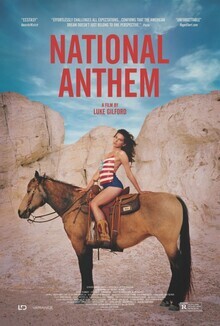
National Anthem
Sheila O’Malley
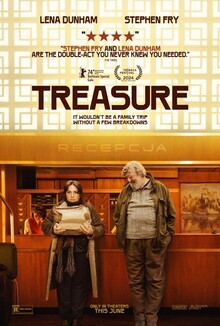
Treasure
Glenn Kenny

Copa 71
Peyton Robinson
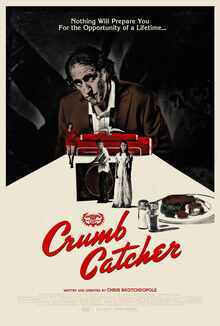
Crumb Catcher
Robert Daniels
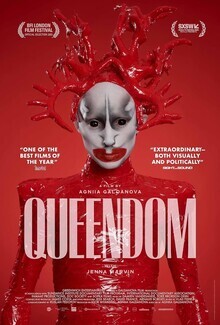
Queendom
Monica Castillo

Cora Bora
Marya E. Gates
Film Credits
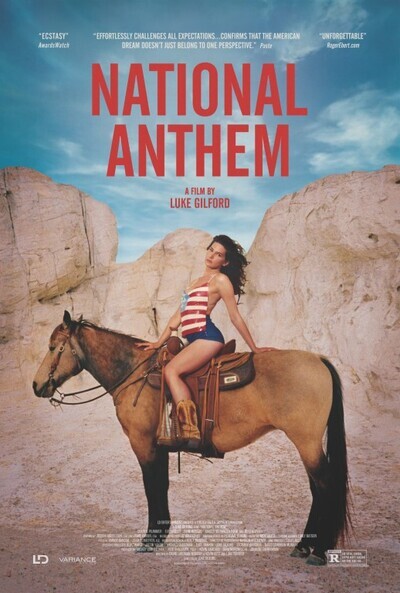
National Anthem (2024)
99 minutes
Cast
Charlie Plummeras Dylan
Robyn Livelyas Fiona
Eve Lindleyas Sky
Mason Alexander Parkas Carrie
Rene Rosadoas Pepe
Kimberley Christann Pemberas Fiona’s Friend
Director
- Luke Gilford
Writer
- Luke Gilford
- David Largman Murray
Latest blog posts
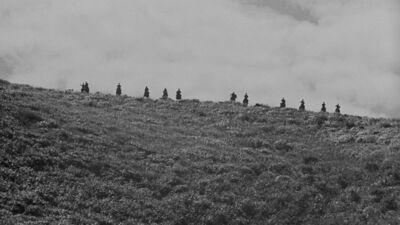
Seven Samurai Continues Its Ride Through Cinema’s Past and Future
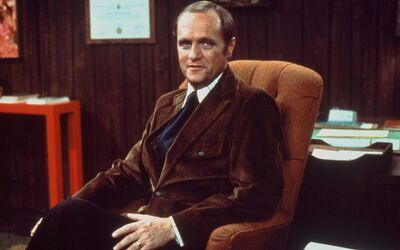
What About Bob? On the Legacy of One of the Best-Loved Comedians, Bob Newhart (1929-2024)
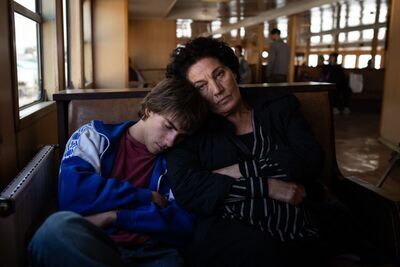
Levan Akin on Making Films His Way, the Queer Art That Shaped Him, and His Touching New Drama Crossing
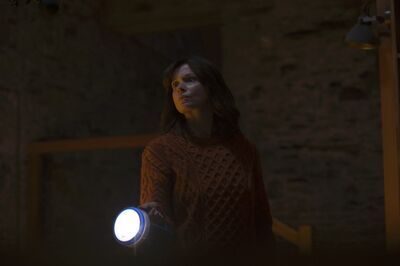
All About Suspense: Damian Mc Carthy on Oddity
Comments
comments powered by Disqus
